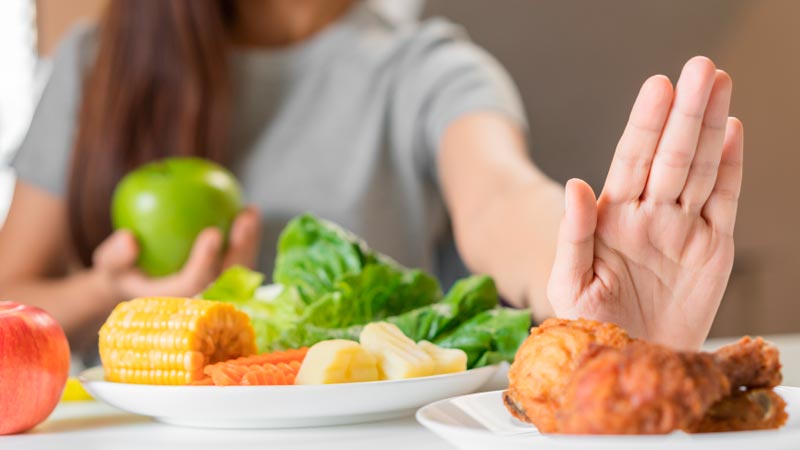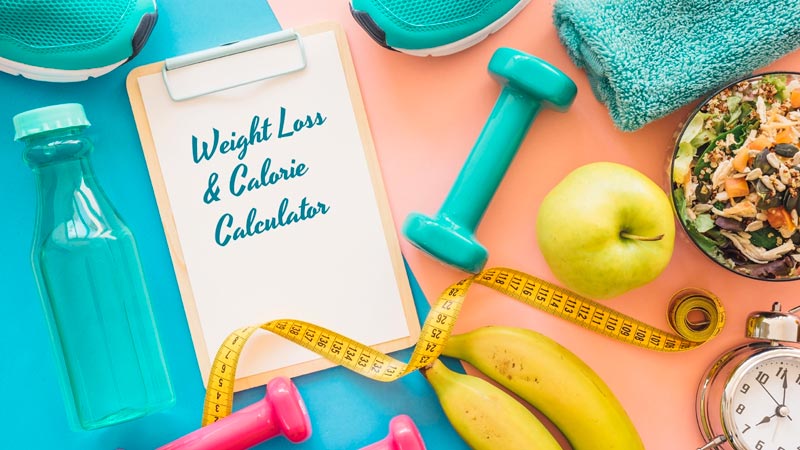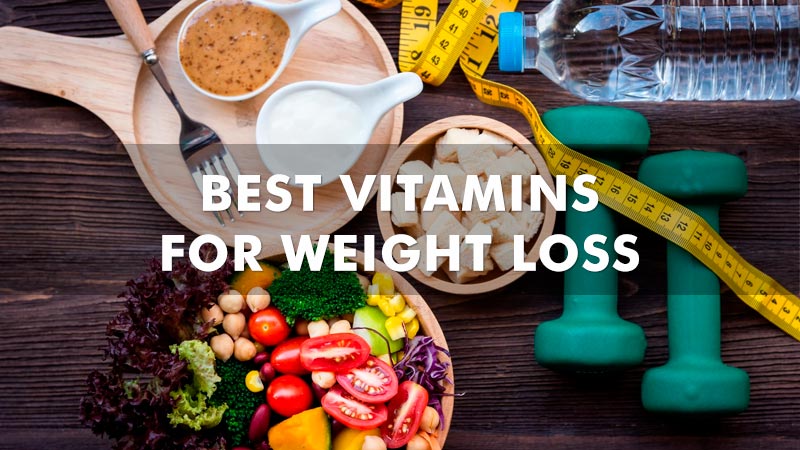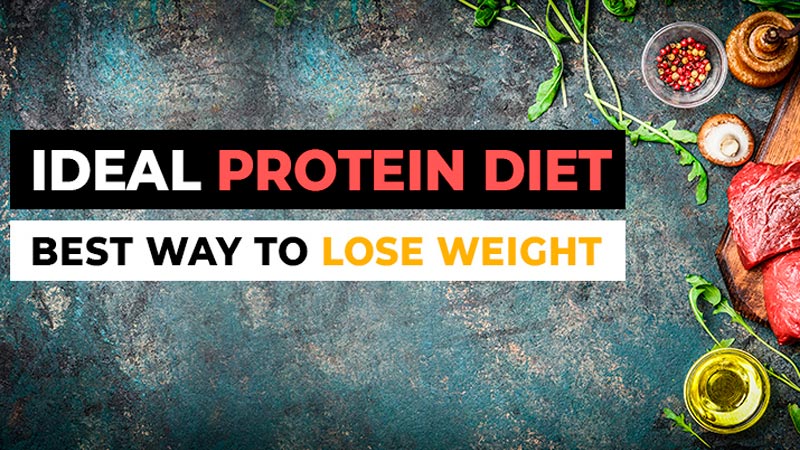Ozempic is a popular medication used to treat type 2 diabetes. It is an injectable medication that helps to control blood sugar levels. However, there are certain foods that people taking Ozempic should avoid in order to prevent negative side effects.
Table of Contents
One of the main foods to avoid when taking Ozempic is alcohol. Alcohol can cause a drop in blood sugar levels, which can be dangerous for people taking Ozempic. Other foods to avoid include high-carbohydrate foods, such as white bread, pasta, and rice. These foods can cause blood sugar levels to spike, which can be difficult to control for people taking Ozempic.
In addition to avoiding certain foods, it is important for people taking Ozempic to maintain a healthy and balanced diet. This can include foods such as lean proteins, fruits and vegetables, and whole grains. By following a healthy diet and avoiding certain foods, people taking Ozempic can help to manage their diabetes and prevent negative side effects.
In this article, we will explore what Ozempic is, its role in diabetes management, and the foods you should avoid to ensure the best possible outcomes.
What is Ozempic?
Ozempic is a medication used to treat type 2 diabetes. It belongs to a class of drugs called glucagon-like peptide-1 (GLP-1) receptor agonists. Ozempic works by increasing the production of insulin, a hormone that regulates blood sugar levels, and reducing the amount of glucose produced by the liver.
Ozempic is usually injected once a week and is available in different doses. It is important to follow the dosage instructions provided by your healthcare provider.
While Ozempic can be an effective treatment for type 2 diabetes, it is important to understand that it is not a cure. It is also important to make lifestyle changes, such as eating a healthy diet and exercising regularly, to manage diabetes.
Some people may experience side effects while taking Ozempic, such as nausea, vomiting, and diarrhea. If you experience any side effects, it is important to talk to your healthcare provider.
It is also important to avoid certain foods while taking Ozempic. These include high-fat and high-calorie foods, as well as foods that are high in sugar. Eating these types of foods can cause blood sugar levels to spike, which can be harmful for people with diabetes.
Overall, it is important to understand how Ozempic works and to follow the instructions provided by your healthcare provider. By making lifestyle changes and avoiding certain foods, you can effectively manage your diabetes and improve your overall health.
Foods to Avoid When Using Ozempic

People using Ozempic, a medication used to treat type 2 diabetes, should be careful about their diet. Consuming certain foods can interfere with the medication's effectiveness and cause health problems.
Here are some foods to avoid when using Ozempic:
1. High Sugar Foods
Foods high in sugar can cause blood sugar levels to spike, which can be dangerous for people with diabetes. When using Ozempic, it is important to avoid high sugar foods such as:
- Candy
- Soda
- Sweetened cereals
- Baked goods like cookies and cakes
- Fruit juices
2. Processed Foods
Processed foods are often high in calories, unhealthy fats, and sodium. They can also contain added sugars and preservatives. When using Ozempic, it is important to limit or avoid processed foods, including:
- Fast food
- Frozen dinners
- Packaged snacks
- Deli meats
- Canned soups and vegetables
3. Alcohol
Drinking alcohol can cause blood sugar levels to drop too low, especially when combined with Ozempic. It is important to limit or avoid alcohol when using Ozempic. If you do choose to drink, do so in moderation and always eat a meal or snack with your drink.
By avoiding these foods and making healthy choices, people using Ozempic can better manage their diabetes and improve their overall health.
Potential Food Interactions with Ozempic
Ozempic is a medication used to treat type 2 diabetes. It works by slowing down the movement of food through the stomach and reducing the amount of glucose produced by the liver. While taking Ozempic, it is important to be aware of potential food interactions.
Foods to Avoid
Certain foods can interfere with the effectiveness of Ozempic, or cause unwanted side effects. It is recommended that patients avoid the following foods while taking Ozempic:
-
High-fat foods: Consuming high-fat foods while taking Ozempic can increase the risk of gastrointestinal side effects such as nausea, vomiting, and diarrhea. Patients should avoid foods such as fried foods, fatty meats, and full-fat dairy products.
-
Alcohol: Drinking alcohol while taking Ozempic can increase the risk of hypoglycemia (low blood sugar). Patients should limit their alcohol intake or avoid it altogether.
-
Sugary drinks: Consuming sugary drinks such as soda, juice, and sports drinks can cause a rapid increase in blood sugar levels, which can counteract the effects of Ozempic. Patients should opt for water or other sugar-free beverages.
Foods to Enjoy
While there are certain foods to avoid while taking Ozempic, there are also many foods that can be enjoyed in moderation. These include:
-
High-fiber foods: Foods high in fiber can slow down the absorption of carbohydrates, which can help regulate blood sugar levels. Patients should aim to consume plenty of fruits, vegetables, whole grains, and legumes.
-
Lean proteins: Lean proteins such as chicken, fish, and tofu can help regulate blood sugar levels and provide essential nutrients without adding excess fat.
-
Low-fat dairy: Low-fat dairy products such as skim milk and yogurt can provide calcium and other essential nutrients without adding excess fat.
Overall, it is important for patients taking Ozempic to be mindful of their diet and avoid foods that can interfere with the medication's effectiveness. By making healthy food choices and avoiding certain foods, patients can help manage their diabetes and improve their overall health.
Healthy Alternatives

When trying to manage diabetes, it's important to focus on nutrient-dense foods that won't spike blood sugar levels. Here are some healthy alternatives that can be incorporated into a balanced diet:
Protein
Instead of relying on processed meats like bacon or sausage, opt for lean protein sources like chicken, turkey, fish, and tofu. These options are not only lower in saturated fat, but they also contain important nutrients like omega-3 fatty acids and vitamin D.
Carbohydrates
Instead of refined carbohydrates like white bread or sugary cereal, choose whole grain options like brown rice, quinoa, and whole wheat bread. These options are higher in fiber, which can help regulate blood sugar levels and keep you feeling full for longer.
Fruits and Vegetables
Fruits and vegetables are a great source of vitamins, minerals, and fiber. Opt for fresh or frozen options instead of canned, which can be high in added sugars and sodium. Try incorporating a variety of colors into your diet, as different colors indicate different nutrients.
Fats
Instead of saturated or trans fats found in processed foods, choose healthy fats like avocado, nuts, and olive oil. These options can help improve cholesterol levels and reduce the risk of heart disease.
By incorporating these healthy alternatives into your diet, you can better manage your diabetes and improve overall health.
Importance of Balanced Diet
Maintaining a balanced diet is crucial for overall health and well-being. A balanced diet provides the necessary nutrients, vitamins, and minerals that the body needs to function properly. It also helps to maintain a healthy weight and reduce the risk of chronic diseases such as diabetes, heart disease, and cancer.
A balanced diet should include a variety of foods from all food groups, including fruits, vegetables, whole grains, lean proteins, and healthy fats. It is important to limit the consumption of processed and high-fat foods, as well as sugary drinks and snacks.
When it comes to managing diabetes, a balanced diet is even more important. Foods that are high in sugar or carbohydrates can cause a spike in blood sugar levels, which can be dangerous for those with diabetes. It is important to choose foods that are low in sugar and carbohydrates, and high in fiber and protein.
Incorporating foods that are low on the glycemic index, such as non-starchy vegetables and whole grains, can help regulate blood sugar levels. It is also important to limit the consumption of high-fat foods, as they can contribute to weight gain and insulin resistance.
Overall, a balanced diet is essential for managing diabetes and maintaining overall health. By incorporating a variety of nutrient-rich foods into their diet, individuals with diabetes can improve their blood sugar control and reduce their risk of chronic diseases.
Consulting Your Healthcare Provider
It is important to consult with your healthcare provider before making any significant changes to your diet or medication regimen. Your healthcare provider can provide guidance on how to safely incorporate Ozempic into your lifestyle, including which foods to avoid.
Your healthcare provider may recommend that you work with a registered dietitian or nutritionist to develop a meal plan that is tailored to your individual needs and preferences. This may include recommendations for specific foods to avoid or limit, as well as guidance on portion sizes and meal timing.
If you are experiencing any side effects or complications related to your use of Ozempic, it is important to notify your healthcare provider right away. They can help you determine whether any changes to your medication or diet are necessary to address these issues.
Overall, it is important to approach the use of Ozempic and any dietary changes with a collaborative and informed mindset. By working closely with your healthcare provider, you can ensure that you are making the best decisions for your health and well-being.
Eat well, live better!




